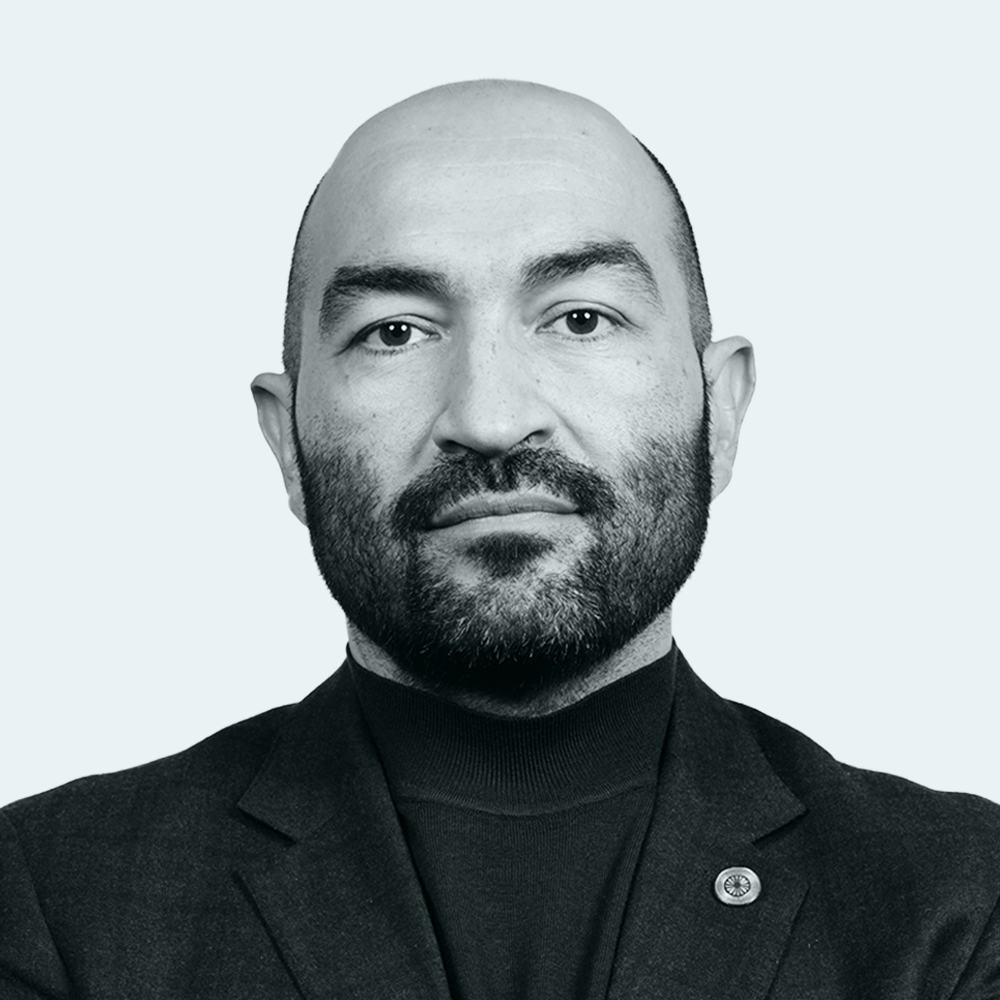In the many events that take place around International Roma Day, we sometimes lose sight of the larger cause: self-determination and international unity.
Forty-five years ago, the first World Romani Congress called for Roma self-determination and international unity, paving the way for a claim to a nonstate Roma nation. That claim was officially made at the fifth Romani World Congress in 2001. But it was largely ignored by policymakers, and in the ensuing years, ambitions for a Roma nation faded.
Fear and confusion about what a Roma nation would mean contributed to the idea’s demise. There has been fear that loyalty to Roma of other countries could conflict with loyalty to one’s own nation-state, and that a call for a Roma nation could be seen as a territorial claim leading to exodus and bloodshed. Likewise, there has been confusion that a claim for a Roma nation calls into question our existing citizenship or national minority status.
The fear and the confusion are reflected every year on April 8, when International Roma Day is observed with inconsistent events. There are events held by institutions and NGOs showcasing their work on poverty, education, employment, and EU funds to help the Roma; Holocaust commemoration events, even though there are other days devoted to mourning this history; and events where we celebrate our Romani arts, culture, and history.
These events are not wrong and they are better than nothing, but they fail to adequately express the meaning of self-determination and international unity, both of which are at the core of the Roma political identity that was established at the first World Romani Congress on April 8, 1971.
On April 8, we need the courage to affirm that we see ourselves as belonging to a group that is equally valuable to ethnic majorities. This doesn’t mean we sugarcoat the harsh present or tragic past. On the contrary, it means putting them exactly at the center of our struggle, and approaching them not from a position of weakness, apathy, and hopelessness, but from a place of dignity, confidence, and strength.
On April 8, we need to say clearly that our political identity reaches beyond our ethnic culture and our shared history of anti-Gypsyism. These are our starting points from the past, but not our cause. Looking to the future, our political identity must be based on our shared aspirations and collective strength. This is where our cause is.
We know our aspirations. We want every Roma person to feel protected from bad treatment and violence, and to have a fair chance to grow and progress on the basis of their efforts and merits. Collectively, we want to be the ones to make decisions about our culture and identity, and we want to be respected and treated as equal by majority populations. The coming establishment of the Roma-led European Roma Institute for Arts and Culture is a tangible political achievement of this collective aspiration. We do not want anything more—but also nothing less—than other people and groups.
Despite stances that occasionally conflict, we have often demonstrated political unity. When Roma from across Europe react to forced evictions of Roma in France or Italy, when Roma women or LGBTI advocate on behalf of all Roma, and when Christian Roma defend Muslim Roma returnees from Kosovo, we can see this potential. We have unified for decades already—now we need to do so on a larger scale.
We definitely have more voices, supporters, and opportunities for building international unity and self-determination today than we did in 1971. Therefore, we have more responsibility to make April 8 the day to acknowledge the progress we have made. It is the day we discuss our next political goals with courage in our hearts and clarity in our minds.
This article was originally published on opensocietyfoundations.org.

Zeljko Jovanovic
President
The latest

Serbia Must Amend Missing Persons Alert System to Protect Vulnerable Adults

Constitutional Review of the Šutar Law Confirms Serious Rule-of-Law Concerns

Europe’s Growth Depends on Roma Talent
Browse by category
Campaigns
Events
Facts
Press
Voices
For media inquiries:
[email protected]Sign up here so you don’t miss out on campaign updates, upcoming events and other news from the Roma Foundation for Europe and our network.
Sign up for our newsletter